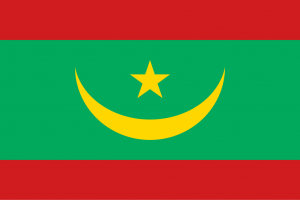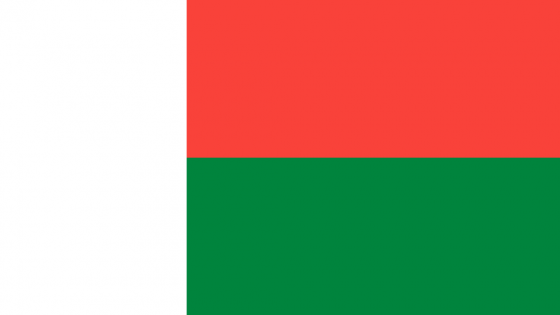
Madagascar, the fourth-largest island in the world, is renowned for its distinct biodiversity and unique ecosystems. With a rich cultural heritage and beautiful landscapes, Madagascar is a place where adventure meets discovery. Here’s a closer look at what makes Madagascar such a special destination:
Madagascar is a country that captivates travelers with its incredible wildlife, natural beauty, and cultural richness. From exploring its rainforests and beaches to encountering unique animals, Madagascar offers an unparalleled travel experience. For nature enthusiasts and culture seekers, this island is a treasure trove of discovery.

